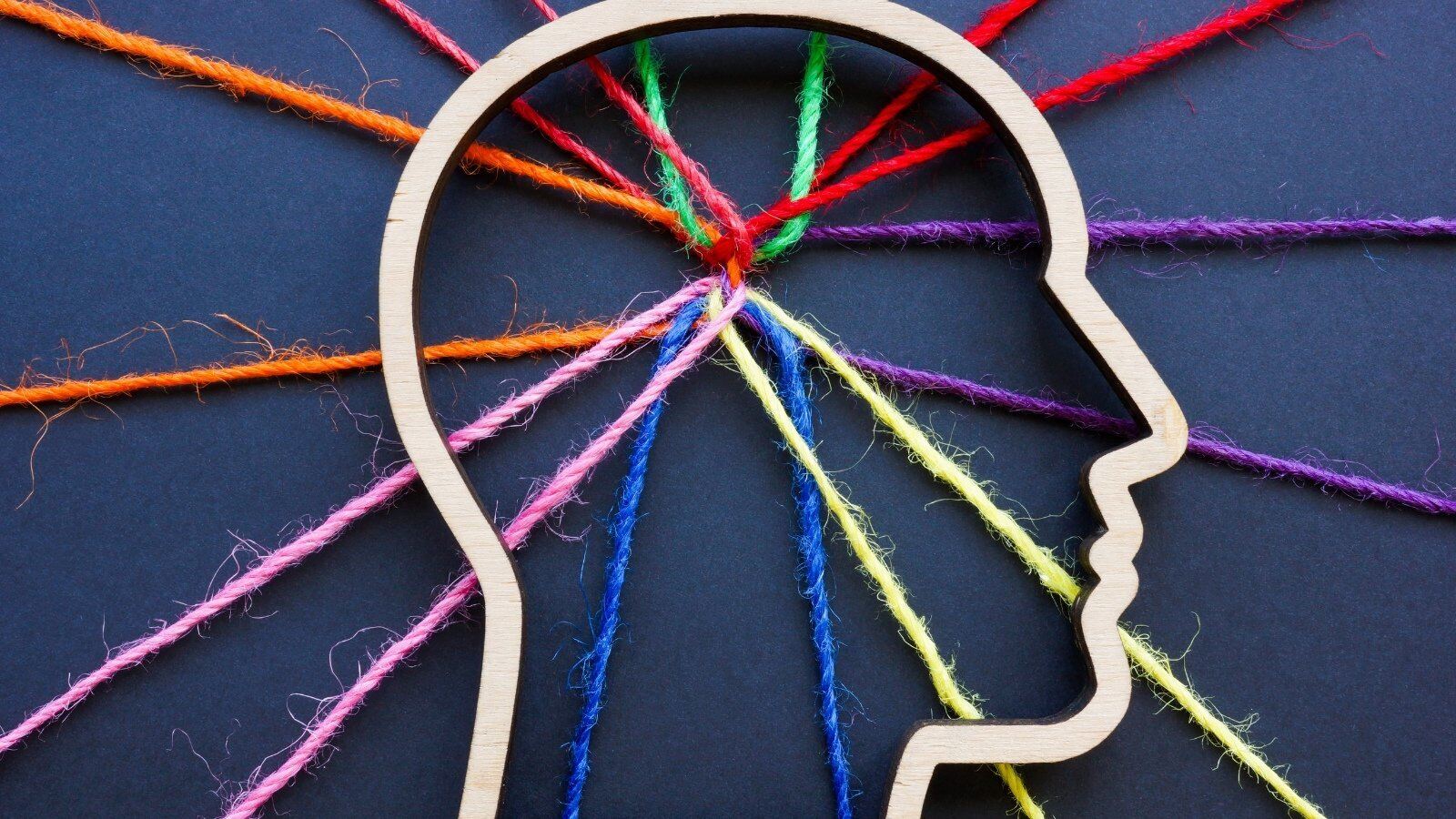
Neurodiversity is a term that recognizes the wide range of human brain function and behavior. It includes conditions like autism, ADHD, dyslexia, and more. But what does neurodiversity mean for everyday life? It means understanding that brains work differently and that these differences are not deficits. Embracing neurodiversity can lead to more inclusive schools, workplaces, and communities. Why should you care? Because recognizing and valuing these differences can improve everyone's quality of life. From unique problem-solving skills to creative thinking, neurodiverse individuals bring valuable perspectives. Ready to learn more? Here are 30 facts about neurodiversity that will broaden your understanding and appreciation of this important concept.
Key Takeaways:
- Embracing neurodiversity means celebrating the unique strengths of individuals with conditions like autism, ADHD, and dyslexia. It's about creating inclusive environments where everyone's talents can shine.
- Neurodiverse individuals have innovative ways of thinking that can lead to creative solutions. By recognizing and valuing their contributions, we can create supportive communities where everyone can thrive.
Understanding Neurodiversity
Neurodiversity is a concept that embraces the idea that neurological differences are to be recognized and respected as any other human variation. This includes conditions like autism, ADHD, dyslexia, and more. Here are some fascinating facts about neurodiversity.
- The term "neurodiversity" was coined by sociologist Judy Singer in the late 1990s.
- Neurodiversity advocates believe that neurological differences should be celebrated, not cured.
- Autism Spectrum Disorder (ASD) is one of the most well-known neurodiverse conditions.
- Dyslexia affects reading and writing skills but often comes with strengths in problem-solving and creativity.
- ADHD (Attention Deficit Hyperactivity Disorder) can lead to high energy and creativity, despite challenges with focus.
- Neurodiverse individuals often have unique ways of thinking that can lead to innovative solutions.
Autism Spectrum Disorder (ASD)
ASD is a developmental disorder that affects communication and behavior. It is called a "spectrum" because there is wide variation in the type and severity of symptoms people experience.
- Autism affects about 1 in 54 children in the United States.
- Early intervention can significantly improve the development of children with autism.
- Many people with autism have exceptional abilities in areas like music, math, or art.
- Autism is more common in boys than girls, with a ratio of about 4:1.
- Sensory sensitivities are common in people with autism, making certain sounds, lights, or textures overwhelming.
- Social skills training can help individuals with autism navigate social interactions more effectively.
ADHD (Attention Deficit Hyperactivity Disorder)
ADHD is a neurodevelopmental disorder characterized by inattention, hyperactivity, and impulsivity. It can affect both children and adults.
- ADHD is one of the most common neurodevelopmental disorders in children.
- Symptoms of ADHD often continue into adulthood.
- People with ADHD may struggle with time management and organization.
- ADHD can be managed with a combination of medication, therapy, and lifestyle changes.
- Many successful entrepreneurs and creatives have ADHD, using their high energy to their advantage.
- ADHD is often diagnosed through a comprehensive evaluation that includes input from parents, teachers, and healthcare providers.
Dyslexia
Dyslexia is a learning disorder that involves difficulty reading due to problems identifying speech sounds and learning how they relate to letters and words.
- Dyslexia affects about 15-20% of the population.
- It is the most common cause of reading, writing, and spelling difficulties.
- Dyslexia is not related to intelligence; many people with dyslexia are highly intelligent.
- Early diagnosis and intervention can help children with dyslexia succeed academically.
- Assistive technology, like audiobooks and speech-to-text software, can be beneficial for people with dyslexia.
- Famous individuals with dyslexia include Albert Einstein, Steven Spielberg, and Whoopi Goldberg.
Celebrating Neurodiversity
Embracing neurodiversity means recognizing and valuing the unique contributions of neurodiverse individuals. It involves creating inclusive environments where everyone can thrive.
- Neurodiverse workplaces can benefit from diverse perspectives and innovative problem-solving.
- Inclusive education practices can help neurodiverse students succeed alongside their peers.
- Neurodiversity awareness campaigns aim to reduce stigma and promote understanding.
- Many neurodiverse individuals advocate for their own rights and the rights of others.
- Celebrating neurodiversity includes recognizing the strengths and talents of neurodiverse individuals.
- Creating supportive communities can help neurodiverse individuals lead fulfilling lives.
Embracing Neurodiversity
Understanding neurodiversity means recognizing the unique strengths and challenges of individuals with different neurological conditions. By fostering inclusivity and awareness, society can benefit from the diverse perspectives and talents that neurodivergent individuals bring. Schools, workplaces, and communities must adapt to support these differences, ensuring everyone has the opportunity to thrive.
Promoting neurodiversity isn't just about accommodation; it's about celebrating the varied ways people think and learn. Simple changes, like flexible work environments and tailored educational approaches, can make a huge difference.
Let's continue to educate ourselves and others about the importance of neurodiversity. By doing so, we create a more inclusive world where everyone feels valued and understood. Embrace the differences, and you'll see how much richer our communities become.
Frequently Asked Questions
Was this page helpful?
Our commitment to delivering trustworthy and engaging content is at the heart of what we do. Each fact on our site is contributed by real users like you, bringing a wealth of diverse insights and information. To ensure the highest standards of accuracy and reliability, our dedicated editors meticulously review each submission. This process guarantees that the facts we share are not only fascinating but also credible. Trust in our commitment to quality and authenticity as you explore and learn with us.
